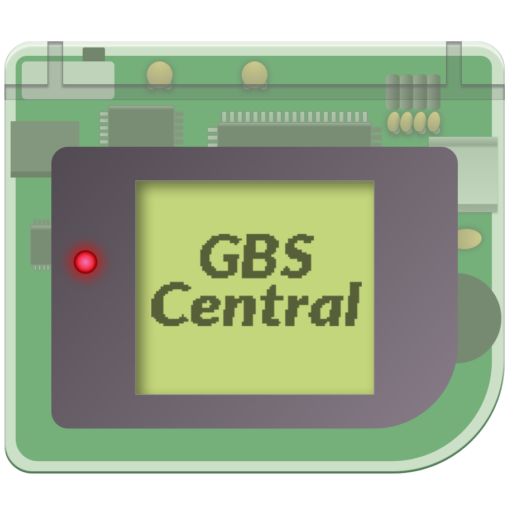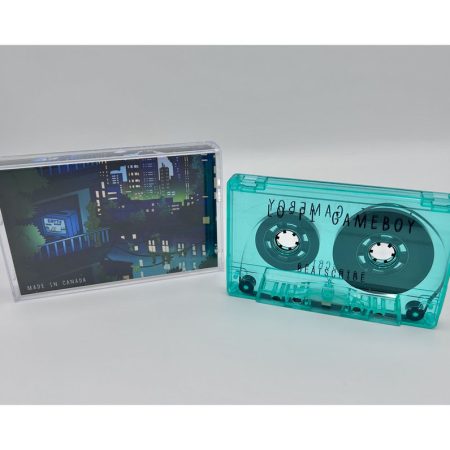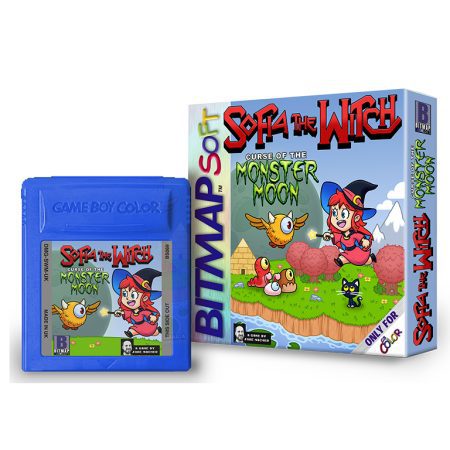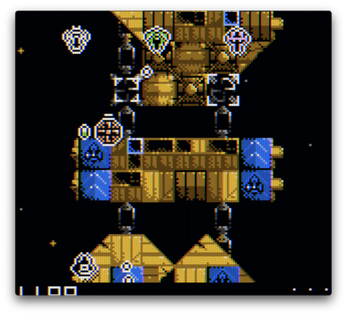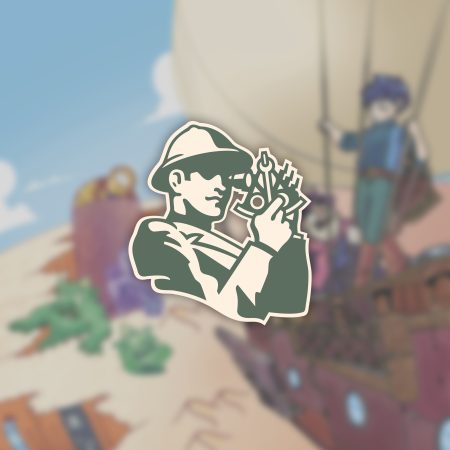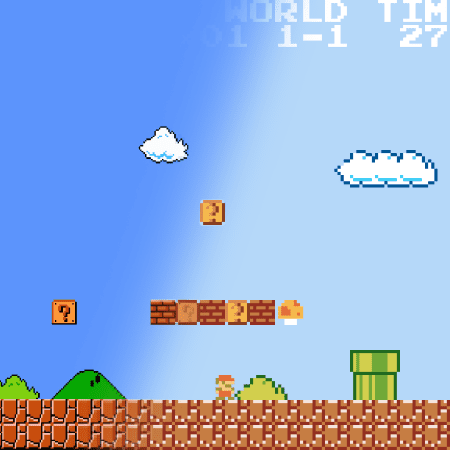Beatscribe burst onto the GB Studio scene a while back sharing their passion for tracker music by creating and releasing purpose-built Game Boy music using GB Studio and hUGETracker. Their chiptune arrangements began as recognizable homages to classic themes that feel like they would fit right in any major release from the original DMG’s library. Over time, their work became synonymous with quality and a staple in the community. Providing music packs for people to use in their own games, as well as Lo-Fi GB Chill compilations to enjoy on their own, Beatscribe has also become a tour de force for music education on our site, authoring 17(!) music tutorial articles. Wanting to know a bit more about them and their work, I sent them some questions for this interview.
—-
How did you get into composing music for games?
As an 80s/90s kid, it all started with Mario Paint for me. That was my first exposure to any kind of electronic composition and production type process. Later, I got NoteWorthy Composer on my home PC and built MIDI songs while simultaneously getting involved with early trackers in the demoscene. I never really did anything professional or released anything but I enjoyed it. Decades later, my former roommate was making an iOS game and asked me to make some music for it. I found that I still had that enjoyment for video game music – and now it came with lots of nostalgia – so I just kept at it. After hearing a Chipocrite song at the end of a YouTube video, I learned more about chiptune and decided to really try to make professional stuff. Up until that moment, I had assumed you had to be programming music notes in assembly in order to make Game Boy or NES music and that did not appeal to me. Before long, I was doing chiptune and “fake bit” commissions as well as orchestral, ambient and more EDM type game music.
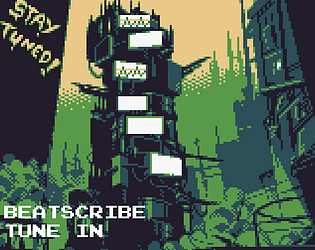
How did you get introduced to GB Studio?
So I had a client who made Godot games with a very 8-bit aesthetic. I made them lots of chip-influenced songs with Plogue chipsounds and things like that. They asked if I could make something for GB Studio. The truth is, I hadn’t even heard of it. I downloaded it and started playing around. It took me a few hours to get the basics of the tracker down, but because it felt like Deflemask, FamiTracker and Furnace Tracker, I really enjoyed it. Hearing my songs on the actual hardware of the consoles from my youth was always one of those “wouldn’t it be nice” kind of things secondary to just making music. When I saw there was such a need in the community for music, I started making my asset packs and refining my skills with GBS Tracker and hUGEDriver.
What’s your approach to making music?
One thing I try to do is come up with the song idea before I open the tracker. I do the same thing if playing guitar or piano. If I just start trying to make something, I often accidentally copy an existing song. Instead, I try to hum a melody into a voice memo on my phone or mock up something using a DAW (Digital Audio Workstation). Once I have at least 25% of it figured out, then I move into the tracker. On some larger soundtracks I mock up the entire song first in a DAW before creating it in UGE format. After that, I just try to get it all down; a composer can always refine wave shapes, tweak stereo and drum sounds later on.
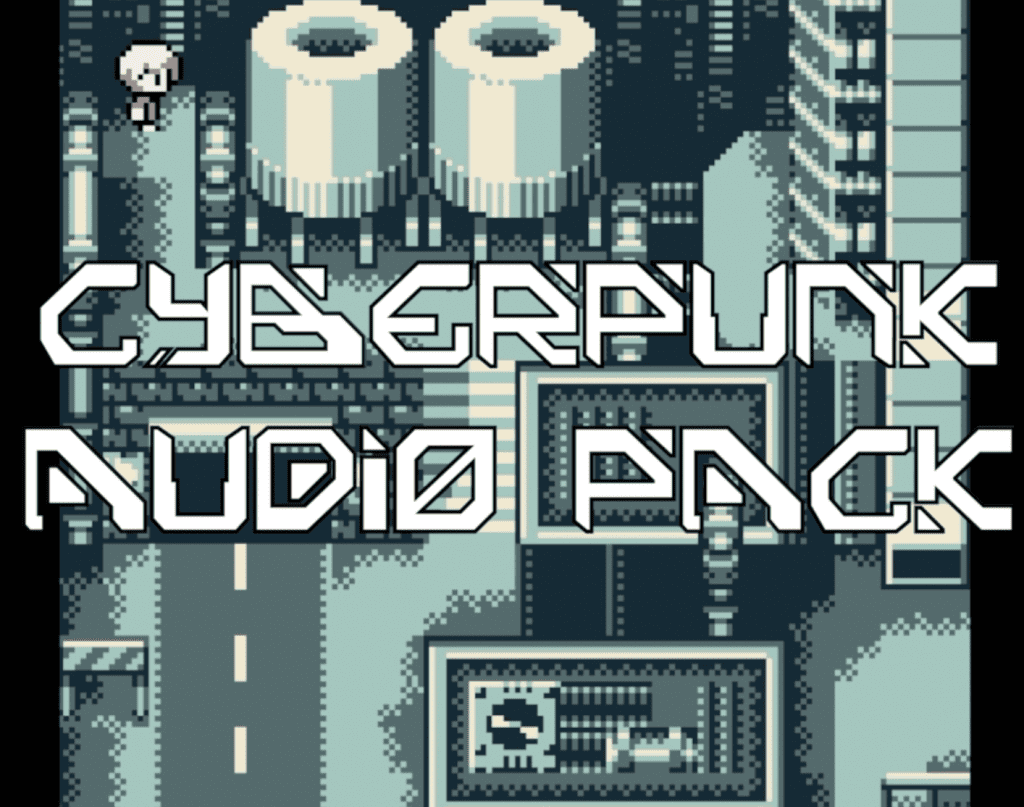
You’ve provided music for a lot of projects and done lots of writing for us, how do you balance the time to work on everything?
I try to do about 90% of a song and then start a new one, then come back to the first one another day and finish that last 10% with fresh ears on the subject. After that cycle I don’t obsess over it anymore, it has to be done and I have to move on. I also only do maybe an hour a day of music in the morning. There was a time when I only did music as a job, but currently, I have a full-time job, a family, and other responsibilities, so I actively try to avoid burning out. Some days, I just don’t want to look at trackers. The writing and other side projects give my ears a rest. I think keeping it balanced has allowed me to continue to enjoy it for such a long time.
Tell us about the Lo-Fi Game Boy Chill project. What led you to want to make it?
It’s really a thought to bring two things I love together. When I was a kid, I loved having game music as a background soundtrack for doing homework or cleaning my room. I had loads of Game Boy, NES, and SNES carts with saved games at different places where I could quickly walk to an area with a nice, chill song I liked. It was like my version of a CD collection. Later, I recorded game soundtracks off the ROMs to put on CDs and later, an iPod.
Sometime in 2018 or so, my wife showed me the Chilled Cow YouTube channel (now known as Lofi Girl) and it became my favorite genre. It calmed me down and helped me focus at work. It was such a different approach to music – more vibe-driven than the energetic melody-driven chiptune. Any composer can’t help but let their influences leak into whatever kind of music they make. Over the years since then, I realized there was a large amount of GB Studio and GBDK games I’d done with a Lo-Fi chill type of sound.
So the point of the Lo-Fi GB project was to bring these two nostalgic things together; Game music that you could have on while you study, do homework or work at a computer, but also that gave you cozy and relaxing feelings – something not often associated with chiptune. Fortunately, all the game developers were on board to be included, and we were able to make it happen.
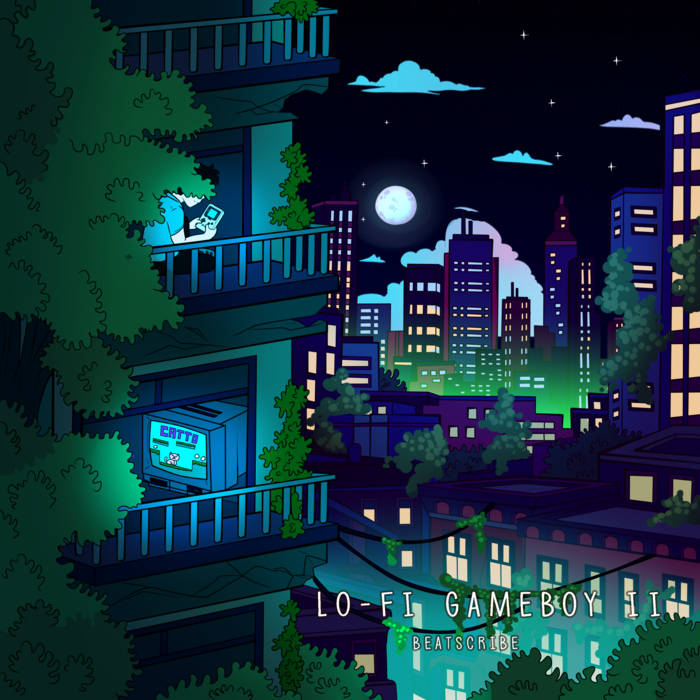
Do you have any other hopes or wishes for the GB Studio community or the software itself?
I hope the community continues to be supportive of new people and generally positive as it has been up to now. With the latest project structure changes that facilitate more collaborative efforts and even generative code. I think games made by bigger teams will bring new levels of quality and game length to the community. Personal projects are wonderful, but collaboration leads to really amazing games. I hope that chiptune music and retro games can be taken seriously as art and legitimate gaming experiences, and not just a niche or nostalgia thing. I feel like the fact that younger people like my nephew are still interested in picking up a 25-year-old console is a good indicator of that being a possibility. When I was young, I didn’t think anyone would even remember Super Mario by 2025, let alone that we’d have a way to make games for these classic systems!
—-
Thanks to Beatscribe for taking the time to answer our questions. You can find their music at https://beatscribe.bandcamp.com/ and their music assets at https://beatscribe.itch.io/ – also check out the many wonderful articles they’ve written for us here: https://gbstudiocentral.com/author/beatscribe/

Audio Engineer, Mac Technologist and Video Game Developer. Managing Editor of GBStudio Central. (he/him)
